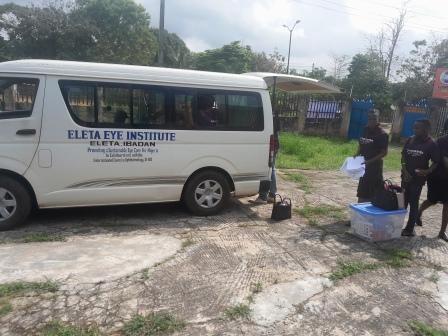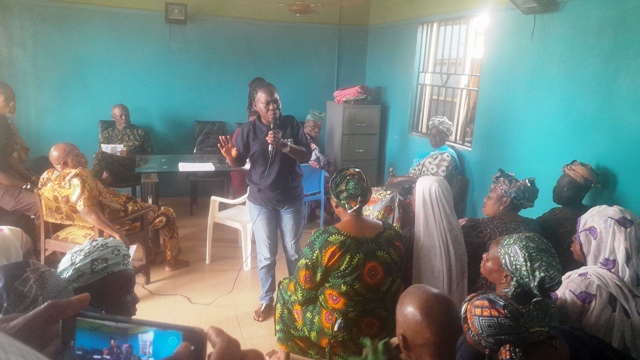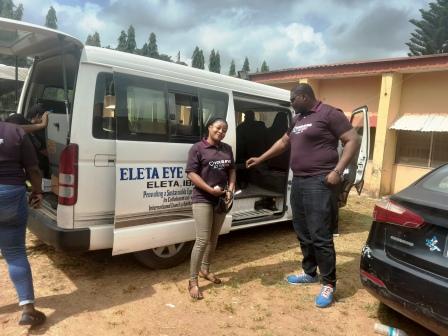|
EEI trains Ophthalmologists and other cadre of eye care
workers including the Mid-Level Ophthalmic Personnel (MLOP)
consisting of Refraction technicians, Theatre
Assistants, Clinical Assistants and Counselors. EEI
recently commissioned a new Child Eye Health and
Genetics Centre, the first of its kind in Nigeria
hosting the following units –General Ophthalmological
services, Centre for Glaucoma Care and Research,
Sebastian Centre for Ophthalmological Research and
Education, and Centre for Diabetic Eye Health and
Retinal Disease. In addition to the institute’s
excellent service, the Institute houses the Oyin
Odutola-Olurin Professorial Chair of Glaucoma Care and
Research as her testament of being at the frontier of
providing best medical innovation in glaucoma care.
The Eleta Eye Institute is an accredited training centre
for medical residency in Ophthalmology. The institute,
with the supports of the local and international
organizations had trained many eye care professionals in
Nigeria. These professionals are equipped with the
skills and knowledge needed to provide quality eye care
services to patients across the country. Over 100
Residents Doctors and consultants ophthalmologists from
various institutions across Nigeria had benefited from
the surgical exposure at the Institute.
An empowered population in optimum eye health throughout
the life course.
Our Vision
An empowered population in optimum eye health throughout
the life course.
Our Mission
To advocate for and empower our population to take
responsibility for their eye health, demand and take up
people-centred, inclusive, high-quality, comprehensive
eye health services from a network of integrated health
facilities and systems as a combination of static and
outreach services, provided by highly-skilled empathetic
staff, adopting evidence-based strategies, applying
relevantly customized innovation and ensuring no one is
left behind because of poverty nor disability.
Our Strategy
1. Prevention of Blindness – raising awareness of the
common causes of blindness among members beginning with
self and members of the public, industry and business.
2. Ensuring the participation and contribution of all
members of the society to worthy eye care initiatives.
3. Advocate at formal and informal gatherings to help
persuade and influence those in authority so that the
needs of eye care and prevention of blindness get the
attention they deserve.
4. Put pressure on our leaders and policy makers to
allocate adequate resourcesfor eye health.Work with
others to change the policies and practices of
institutions, and the attitudes and behaviours of
individuals, whose actions affect the elimination of
avoidable blindness.
5. Support of eye care for poor people through eye camps
and special subsidy for important sight saving or
restoration surgeries.
6. Training of Ophthalmologists –Enhancing the
training and continuing education of ophthalmologists
and allied eye care professionals to meet the growing
need for eye care in Nigeria.
7. Supporting Research for diseases such as Glaucoma and
other peculiar local diseases.
8. Travel Grants for ophthalmologists and other eye care
workers to travel to international conferences to
enhance their knowledge or to bring ophthalmologists
from outside our country to share their knowledge with
our own professionals.
9. Translating Research and technological developments
into innovations in practice.
|
|
 


|